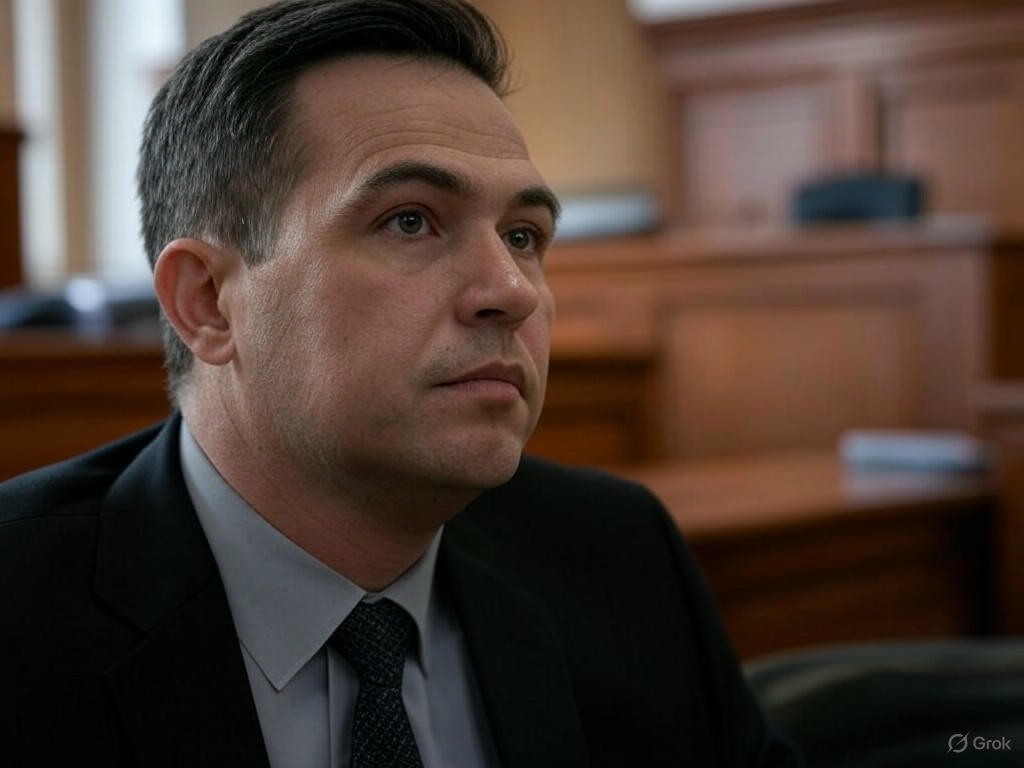In a landmark decision that could reshape legal battles in the vaping and tobacco industries, the U.S. Supreme Court has ruled in favor of allowing companies to strategically choose the courts where they challenge regulatory decisions. This ruling, stemming from a dispute involving R.J. Reynolds, a major player in the tobacco and vaping market, has sparked debates over fairness in the judicial system and the potential for corporations to gain an upper hand in legal disputes.
At the heart of the case was the concept of ‘venue shopping,’ where companies seek to have their cases heard in courts perceived as more favorable to their interests. R.J. Reynolds argued for the right to appeal a regulatory decision in the 5th Circuit Court of Appeals, a jurisdiction known for its business-friendly rulings, despite the company’s headquarters being located far from this region. The Supreme Court’s decision to uphold this choice has set a precedent that could allow other vaping and tobacco firms to follow suit, selecting appellate courts that align with their legal strategies rather than being tied to geographic proximity.
This ruling is seen as a significant victory for the vaping industry, which has faced increasing scrutiny and regulation in recent years due to public health concerns. By gaining the ability to pick their legal battlegrounds, companies may find it easier to challenge stringent federal regulations or unfavorable lower court decisions. Legal experts suggest that this could lead to a wave of appeals filed in circuits known for conservative leanings or a history of siding with corporate interests, potentially delaying or overturning regulations aimed at curbing vaping products marketed to younger demographics.
However, critics of the decision argue that it tips the scales in favor of deep-pocketed corporations, allowing them to manipulate the judicial process to their advantage. Advocacy groups focused on public health have expressed concern that this could undermine efforts to impose necessary restrictions on an industry often accused of targeting vulnerable populations. They warn that the ability to venue-shop may result in inconsistent legal outcomes across the country, creating a patchwork of regulations that could confuse consumers and regulators alike.
As the vaping industry navigates this new legal landscape, the implications of the Supreme Court’s ruling are likely to extend beyond tobacco and e-cigarette companies. Other regulated industries may also seek to leverage this precedent, raising broader questions about equity in the American legal system. For now, the decision marks a pivotal moment for corporate litigation strategy, offering businesses a powerful tool to influence where and how their disputes are resolved. While the full impact remains to be seen, one thing is clear: the battle over vaping regulations has just entered a new, more complex chapter, with the courts themselves becoming a critical arena of contention.
